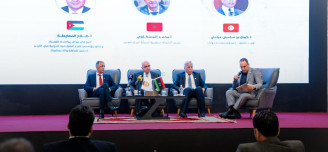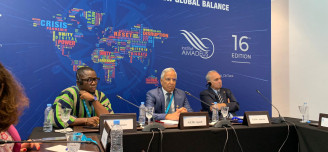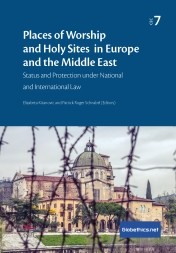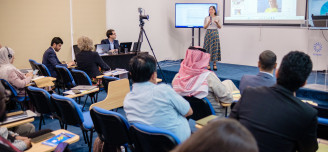Africa’s faith communities unite for peace and sustainable development
From 13–14 May 2025, the Inter-Religious Council of Ethiopia, United Religions Initiative–Africa, and the G20 Interfaith Forum, in collaboration with the African Union’s Citizens and Diaspora Directorate (CIDO) and ECOSOCC, convened a landmark interfaith conference at the African Union headquarters in Addis Ababa. Under the theme “Africa’s Faith Communities: Advancing the SDGs, Agenda 2063, and Africa’s 2025 G20 Process,” the event gathered religious leaders, policymakers, civil society, and academics from across Africa and beyond.
The event was held under the distinguished patronage of H.E. Taye Atske Selassie, President of the Federal Democratic Republic of Ethiopia. In his keynote address, President Selassie emphasised the indispensable role of religious leaders in promoting peace and social cohesion across Africa.
He stated, “When we speak of building peace in Africa, we must recognise that religious leaders are often the first mediators of conflict, the first responders to crisis, and the most trusted voices in many communities. The G20 Interfaith Forum provides a vital platform for these voices to be heard at the highest levels of global decision-making. As we implement Agenda 2063, we must ensure that interfaith dialogue remains at the heart of our pursuit of a peaceful and prosperous Africa.”
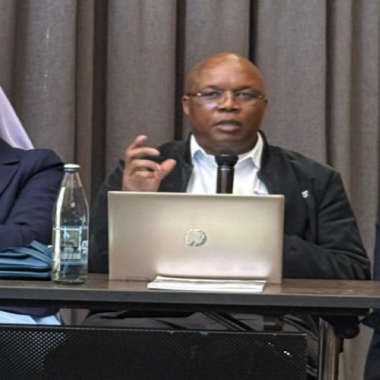
A notable highlight of the first day was a presentation by Herbert Makinda, Regional Manager of the Globethics Eastern Africa Centre, during a thematic session focused on freedom of religion or belief, human dignity, and combating corruption, hate speech, xenophobia, and discrimination—all essential pillars in advancing AU and G20 priorities. Makinda showcased the Ethical Leadership for an Inclusive Future in Sub-Saharan Africa (ELIF) project, a joint initiative by Globethics and the All Africa Conference of Churches (AACC), running from March 2025 to December 2026.
The project currently targets six countries—Ghana, Nigeria, Zambia (Anglophone), and Togo, Cameroon, and the Democratic Republic of the Congo (Francophone)—with the aim of addressing corruption at both organisational and societal levels.
In his remarks, Herbert underscored the damaging impact of corruption, noting that it remains a major obstacle to justice, economic development, and human dignity. “Corruption erodes trust in institutions, hampers economic growth, and perpetuates inequality,” he said. “Conversely, transparency and accountability strengthen social contracts and enable equitable resource distribution.” He further highlighted how both the African Union’s governance focus and the G20’s anti-corruption agenda reinforce the urgency of ethical leadership and integrity in public service for sustainable development.
The conference served as a powerful platform for faith communities to reaffirm their commitment to shaping a just, peaceful, and sustainable future for Africa, guided by the values of ethics, accountability, and interfaith cooperation.
